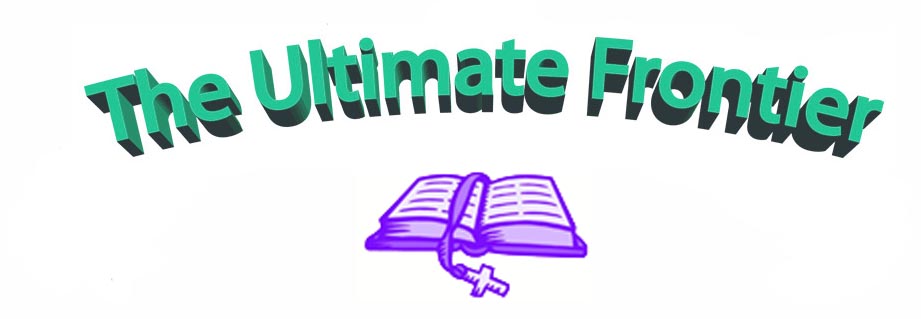|
|
||
|
|
The Federal Reserve and Loans to Farmers
There were some court cases that were being pushed forward for fourteen sixteen years, something in that range. It started out with a situation that the federal institutions, like the farm and credit bureau, and what have you, were foreclosing on farms because of non-payment of whatever debt there was. For instance, a typical way that farmers would be deprived of their land would be they would have a note on a ninety-thousand dollar piece of equipment or a loan for making a crop for the year except the crop failed for one reason or another and they would get into difficulty. The problem was that the bank would sell their paper to other corporations because of the interest. It was eventually going to be paid back, by the farmer, plus interest and so, therefore, it was a valuable piece of paper to have. That was a very typical thing for lending agencies to do. They spread things around that way like insurance companies who re-insure through other insurance companies.
The thing that happens there is—for instance, there was a fairly large bank in the Netherlands who would buy these papers. And because it always had in there that they could foreclose in an emergency—if any bank gets into a bad situation—or just say, “I need the money right now. It is due and payable immediately.” And they did this purposely. They would call the debt and would—the person who was the farmer; he usually did not have enough money or could not get credit from somewhere else, in order to bail himself out and he found his land being taken over by the government.
Now, the government was not registered in these various states as businesses or as corporations to do business. The Farm Credit System, the Federal Land Bank, Production Credit Association, Farmer’s Home Administration, and practically all the national banks never bothered to register in the states in which they were doing business. Essentially they were non-entities. Somebody discovered that these foreclosures were illegal even though they were using the state courts in order to do these things. Lawsuits did eventually prove to the courts and they had to admit that, indeed, these lending institutions were operating fraudulently, and had done so, since the 1930s.
Even though the banks were operating under a technicality it was still illegal. Since so much financial skullduggery was involved, in taking over people’s farms for a long time, the courts have, all the way up to the Supreme Court, agreed that these farmers are entitled to restitution. Hopefully, that means getting their farms back. Of course, some people who lost their farms back in the 1930s, and there was a lot of them—well, they are dead and cannot do anything anymore about it. But, at least, there are plenty of farmers today still alive and smarting under the loss of their farms, through really no fault of their own.
|
|
|
|
|
|
